Selected Store
Sent from with
free delivery at a Skroutz Point!
Stock from 4 pieces
Skroutz Buyers Protection
Set the delivery location to see products according to your choice.

Selected Store
Sent from with
free delivery at a Skroutz Point!
Stock from 4 pieces
Skroutz Buyers Protection




Philosophy Books
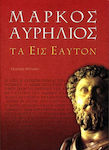
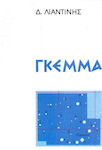
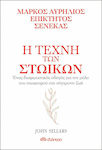
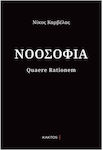
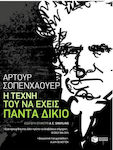
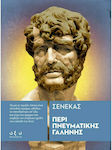
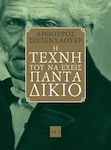
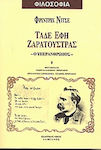
Prices are calculated for:Romania, Other Payment Options
How was the universe created? What is truth? How can we live a virtuous life?
Since the dawn of history, humans have posed such significant questions, as well as others concerning the nature of life and existence - and great thinkers have proposed answers that continually shape our world.
Written in simple and understandable language, this book is filled with concise yet complete and perfectly comprehensible explanations, diagrams that explain complex theories step-by-step, classic memorable philosophical quotes, and is further enriched with clever illustrations that wittily outline human perspectives on major philosophical issues.
Whether you are a beginner, an enthusiastic student, or an advanced scholar, Philosophy in Simple Terms will provide you with ample intellectual nourishment.
The book examines the major philosophical theories from the ancient world to the present day.
Specifically, you will learn about the theories of philosophers:
- of the ancient world: Pythagoras, Heraclitus, Plato, Aristotle, Epicurus, Confucius, Siddhartha Gautama, and others.
- of the Middle Ages: Saint Augustine, Avicenna, Thomas Aquinas, and others.
- of the Renaissance and the Age of Reason: Machiavelli, Hobbes, Descartes, Spinoza, and others.
- of the Age of Revolution (1750-1900): Voltaire, Adam Smith, Kant, Hegel, Schopenhauer, Marx, and others.
- of the period 1900-1950: Nietzsche, Saussure, Ortega y Gasset, Benjamin, Marcuse, Popper, Adorno, Camus, and others.
- of the period from 1950 to today: Roland Barthes, Thomas Kuhn, Lyotard, Chomsky, Kristeva, Žižek, and others.
Specifications are collected from official manufacturer websites. Please verify the specifications before proceeding with your final purchase. If you notice any problem you can report it here.
Very good, although better in the English version. If you are really interested in how things are, meaning metaphysics above all, you should study science (physics, astrophysics, artificial neural networks, neuroscience, etc.). Philosophy helps you understand how persuasion and common sense are used to assume the world, while these are subjective and non-neutral tools. Philosophy helps us understand how humans try to comprehend the world, which is not the same as how the world actually is. Some philosophers accept science, but not all and not completely, so philosophy is always closer to the average person due to its comprehensible formulations, and further away from the scientific approach to what is true. It is not enough to claim objectivity like a liar in order to be objective. Physics is the field of study for understanding the natural world, it is not the natural world itself. Philosophy is even further away from what is true. It provides a way of life, but sometimes it is mistaken and biased towards ideas, as it encompasses numerous ideas and non-objective criteria for judgment (common sense, persuasion, non-mathematical contemplation, non-mathematically logically consistent and non-causal correlation of truth that thus generates illusions, ideophilia, etc.). Ideas are necessary, but without objective criteria for judgment, they become ideological to cultures.
Verified purchase
Verified purchase